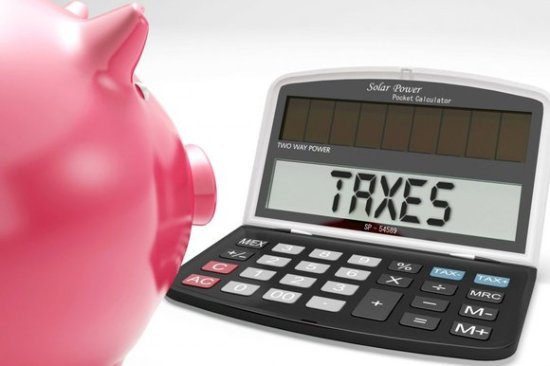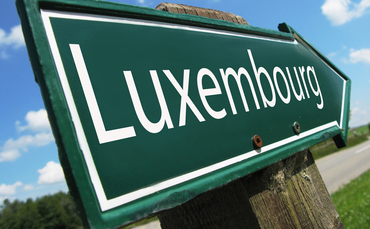
The internet is often compared to the American Wild West – just about anything goes and users and marketplaces often go unregulated by governing bodies… but like the Wild West, the encroachment of bureaucratic government regulations and legal practices is beginning to encroach on the unregulated frontier of technology.
As the bureaucracy expands to meet the needs of the expanding bureaucracy, the application of tax also comes into play – and so we get to the issue of the day, the EU’s controversial resolution to apply VAT – value added tax – to online purchases and digital content.
SEE ALSO: Childhood is Reborn with Sinclair ZX Spectrum Vega on IndieGoGo
Products such as games, microtransactions in apps, telecoms, broadcasting and other digital services are to be taxed under the new regulations not in the countries where the revenue ends up, but instead in the country where the sale is made.

In other words if a company based in the EU makes a sale of a digital product within the UK, the VAT will be charged at the UK rate and the tax money will flow to the UK government.
The measure has been taken to reduce the amount of taxes that are generated in one country and end up in another – it’s basically making sure that revenue is taxed based on which consumers are generating it.
The question remains about what this will do to prices of products and the profits generated by companies.
“The big question is who takes the hit. The UK Treasury will gain but someone has to lose. Either the suppliers of affected services will see significantly reduced profit or consumers will see increased prices as some of the extra VAT cost is passed on.”
– Amanda Tickel , Tax Partner, KPMG
As stated above, it might not be ultimately clear how retailers are going to cope and what their response will be to the EU’s new tax idea. Of course, governments will be quick to fall in line as it means more revenue will be generated within their country and stay within the country.
Unfortunately for emerging digital microbusinesses, this means prices may have to change, and services may end up being more expensive regionally.
In the case of e-books, which are sold out of Luxembourg for lower tax purposes, the tax rate may raise from the low, low 3% afforded by basing sellers in the tiny country.
SEE ALSO: Biofueled Triplane Project Shows Promise
So, the loophole is closed for some big businesses using countries with a low tax rate to keep prices competitive. However, the little man may end up losing out in the global market.
It’s a bit of a tall order, and consumers may see prices rapidly change, but in the end the bigger markets may end up being a little bit fairer for all. The new regulation goes live on January 1st 2015. Outcry is already high from consumers and small business owners alike.
Source: Financial Times
Via: The Telegraph
